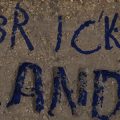2024 Artist Research Fellowships announced
The Smithsonian has awarded fellowships to 10 accomplished visual artists from an international pool of candidates as part of the 2024 Smithsonian Artist Research Fellowship Program. Over the course of a one- to two-month residency, each fellow will conduct research at Smithsonian museums and research centers to inform the development of innovative, cross-disciplinary work.
Artists are nominated by a Smithsonian research staff member and then selected by a panel of Smithsonian art curators and representatives from the science, history and culture communities. More than 115 artists from around the world have received Smithsonian Artist Research Fellowship Awards since the program began in 2007.
The 2024 fellows and their projects are:
Fia Backström (Based in the U.S.)
West Virginia Condensed – Mythic/Real
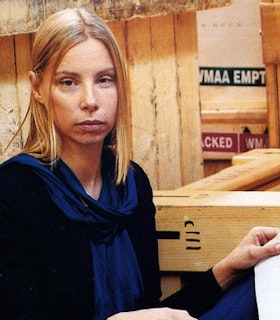
Artist Fia Backström (courtesy Foundation for Contemporary Art)
At the Archives of American Art and the National Museum of American History, Backström will conduct research into multiple historic, economic, medicinal and social vectors in the history of the state of West Virginia. The project aims to provide a prism through which to examine contemporary shifts in collectivity and to imagine new ones via the creation of new photographic, video and participatory artworks.
Victoria Burge (Based in the U.S.)
The Cosmic Ornament
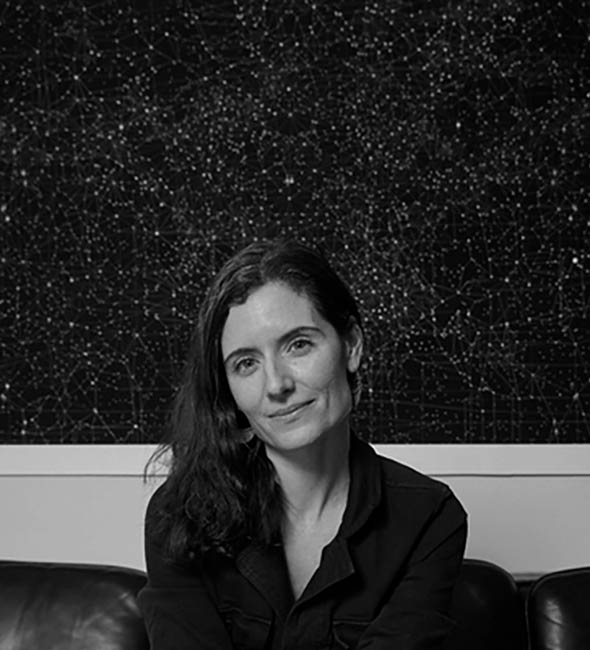
Artist Victoria Burge (courtesy Sky Design)
While at the Cooper Hewitt, Smithsonian Design Museum and the Smithsonian Astrophysical Observatory, Burge will research two contemporaneous coded visual languages: the pattern books created by 19th- and early 20th-century weavers and textile designers, and the logbooks and photographic plates created during the same period by the female astronomers known as the Harvard Computers.
Mahwish Chishty (Based in the U.S.)
Bridging Traditional Art with Contemporary Realities of War
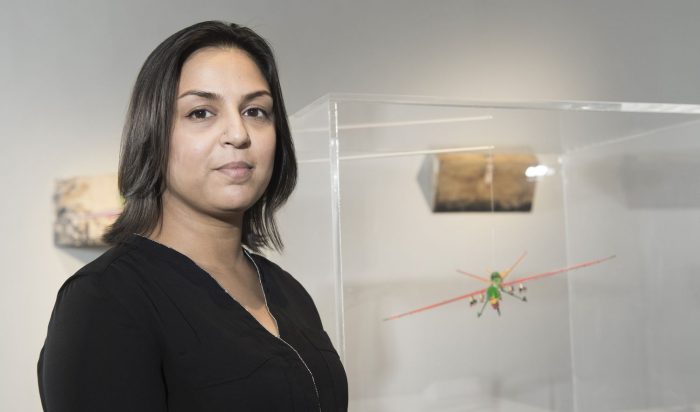
Artist Mahwish Chishty (courtesy Imperial War Museum, London)
Resources at the National Museum of Air and Space will support Chishty’s research associated with remotely piloted drones employed in Pakistan and Afghanistan from 2010 to present, while the collections at the National Museum of Asian Art will offer insight into the uses of lapis lazuli and gold in traditional art of the region. Together, this research investigates the cultural, religious and spiritual dimensions of these disparate materials and their relationship with the evolving geopolitical landscape.
Ana María Gómez López (Based in the Netherlands)
Bioscope
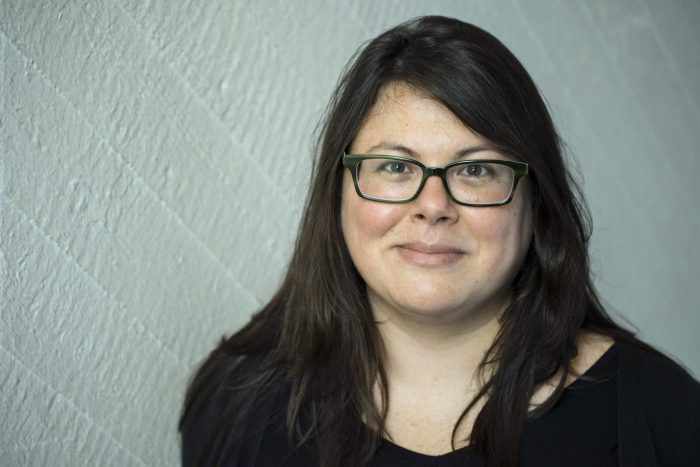
Artist Ana María Gómez López (courtesy Framer Framed)
Gómez López will conduct research at the National Museum of Natural History, the National Air and Space Museum and the Smithsonian Tropical Research Institute toward the creation of a feature-length experimental documentary about taphonomy, the study of the decay and fossilization of biological organisms across vast timescales on Earth and in Deep Space. The project posits taphonomy’s relevance for understanding contemporary challenges such as loss of biodiversity, extinction and ecological destruction.
José Manuel Mesías (Based in Cuba)
The Conspiracy of Images. From the Haitian Revolution to the Book of Paintings of Aponte
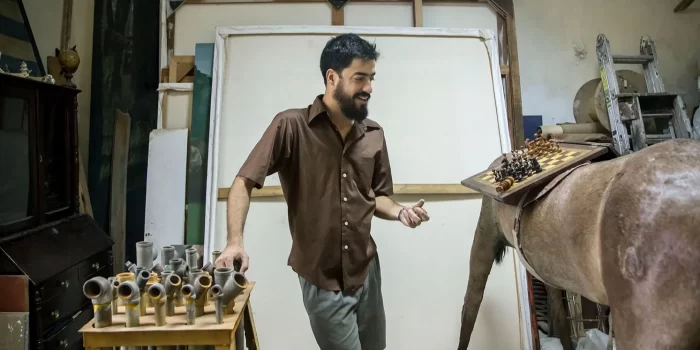
Artist José Manuel Mesías (courtesy Cubanet)
At the National Museum of African American History and Culture and the National Portrait Gallery, Mesías will research the historical context, including the Haitian Revolution and the Atlantic slave trade, that informed the ‘Book of Paintings’ created by Cuban abolitionist and revolutionary José Antonio Aponte (1760–1812).
Jeanette Mundt (Based in the U.S.)
The Ideological Sway of Landscapes: Making Paintings from Writings
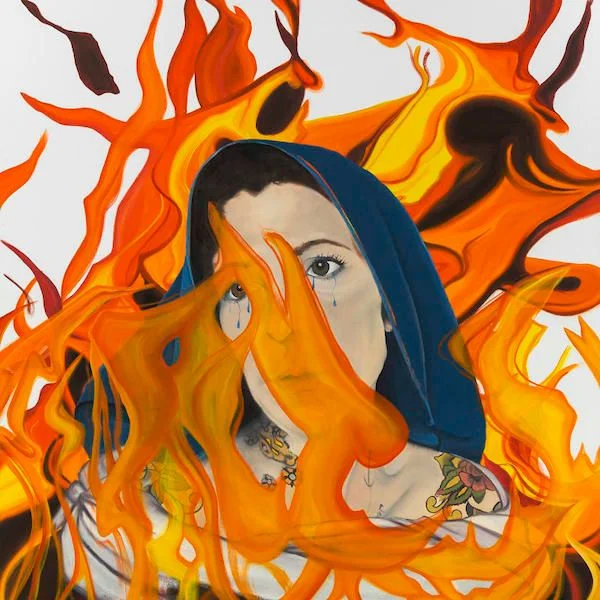
Jeanette Mundt, I’d Like to Hold Her Head Under Water, 2019.
COURTESY THE ARTIST AND COMPANY, NEW YORK
Mundt will research the archives of critic, writer and historian Elizabeth McCausland at the Archives of American Art and contemporaneous representations of landscape at the Hirshhorn Museum and Sculpture Garden to lay the foundation for a new series of landscape paintings and drawings.
Yulia Pinkusevich (Based in the U.S.)
Inscribing Fallout: Visualizing Casualties of the Cold War
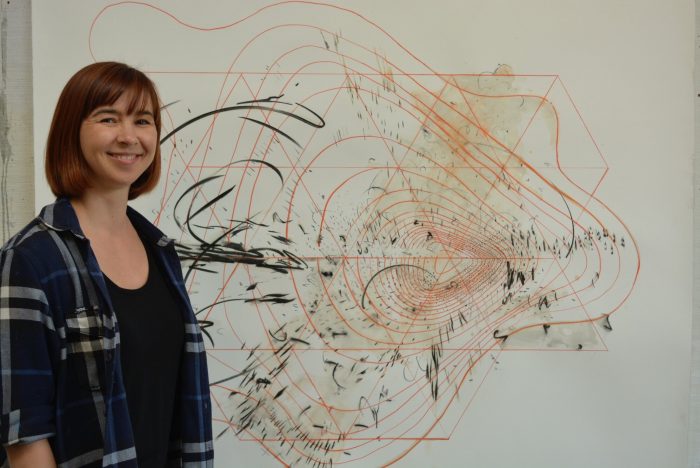
Artist Yulia Pinkusevich (courtesy Lucid Art Foundation)
Through paintings and installations, Pinkusevich explores the complex history and legacy of the Cold War. At the National Air and Space Museum, she will research the history of aerial surveillance in the Dino Brugioni Collection as well as archives of imagery produced for satellite reconnaissance mapping programs such as ARGON and HEXAGON from the 1960s through the 1980s.
LJ Roberts (Based in the U.S.)
Champion: Portraits of LGBT2SI+ Athletes
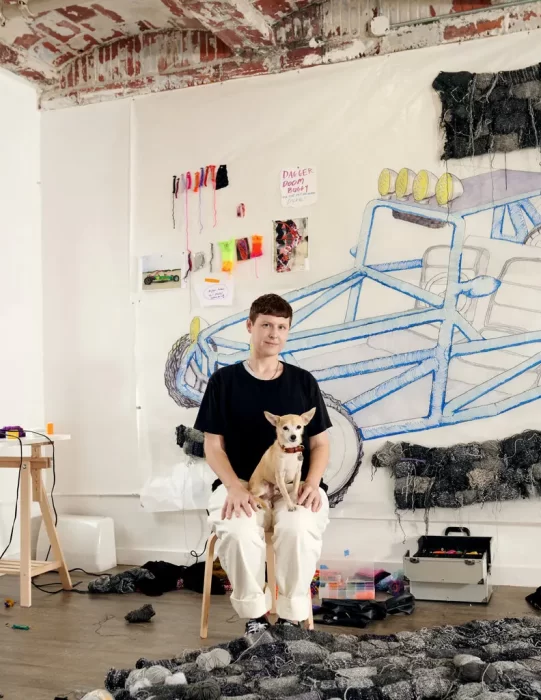
Artist LJ Roberts (Photo by Caroline Tompkins for The New York Times)
Working with collections at the National Portrait Gallery and the National Museum of American History, Roberts will research historical and contemporary representations illustrating the visibility and advocacy of LGBTQI2S+ athletes. These materials will serve as source material for new works in collage and hand embroidery.
Natasha Smoke Santiago (Based in the U.S.)
Lessons from the Ancestors, One Vessel at a Time
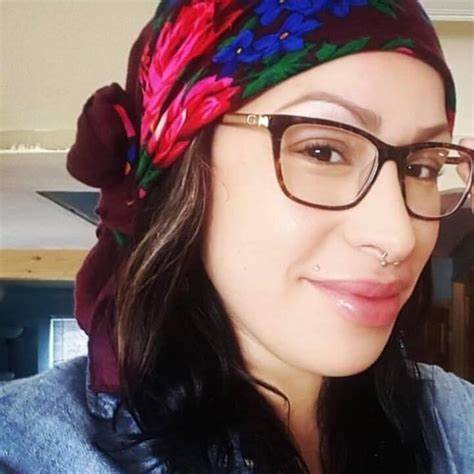
Artist Natasha Smoke Santiago (courtesy Indigenous Arts Collective)
Akwesasne Mohawk Nation Territory artist and seed keeper Natasha Smoke Santiago will engage with the collections of the National Museum of the American Indian to explore the multifaceted roles of Haudenosaunee pottery in broader Haudenosaunee cultural health, food preparation and the transmission of knowledge, deepening the understanding of pottery not just as a craft but as a vessel for knowledge.
Anna Tsouhlarakis (Based in the U.S.): The Strength of Her Shadow
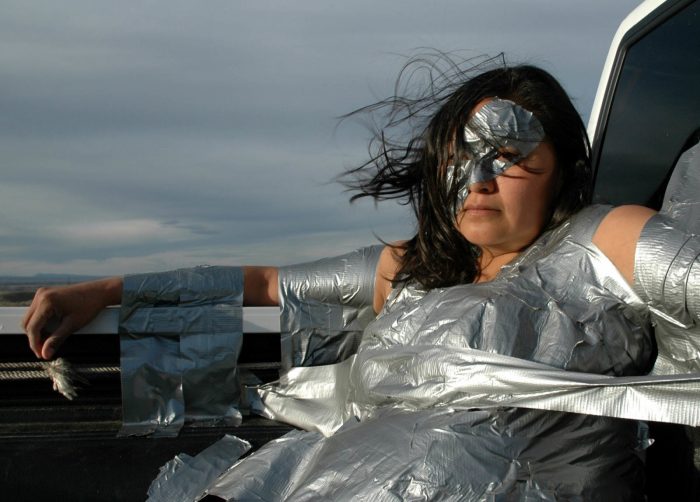
“Legend V” by Anna Tsouhlarakis. (Photo by the artist, courtesy Creative Capital)
At the National Museum of the American Indian and the National Museum of American History, Tsouhlarakis will examine materials relating to Indigenous feminist theory and imagery of Native women—the historic framing of Indigenous femininity and eventual reconstitution of an Indigenous female identity.
Posted: 23 July 2024
- Categories:



